To minimize inflammation in IBD, scientists have developed a synthetic enzyme that targets multiple problematic pathways.
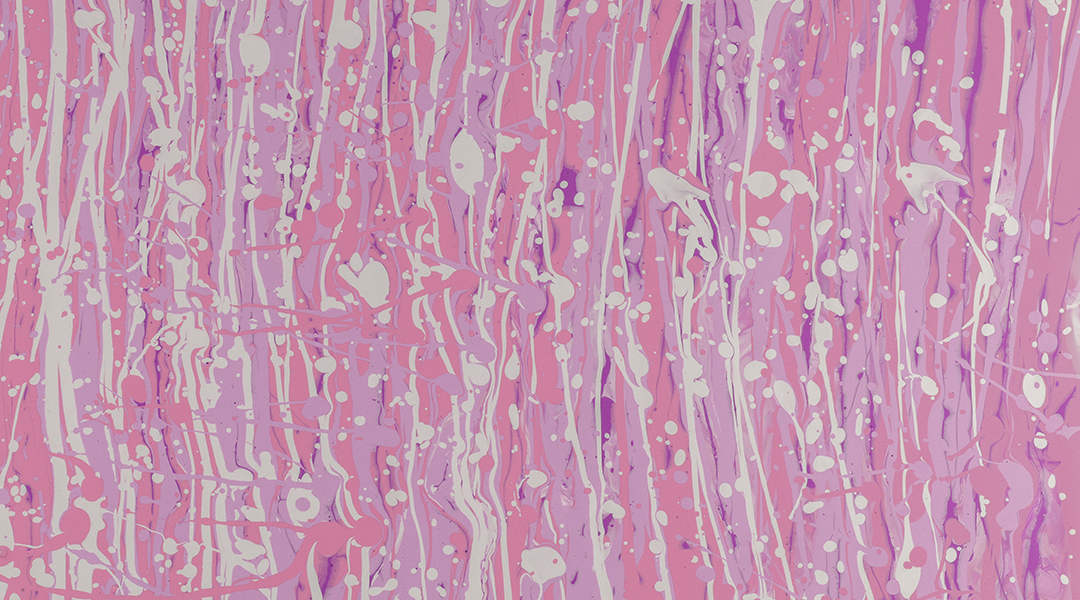


To minimize inflammation in IBD, scientists have developed a synthetic enzyme that targets multiple problematic pathways.
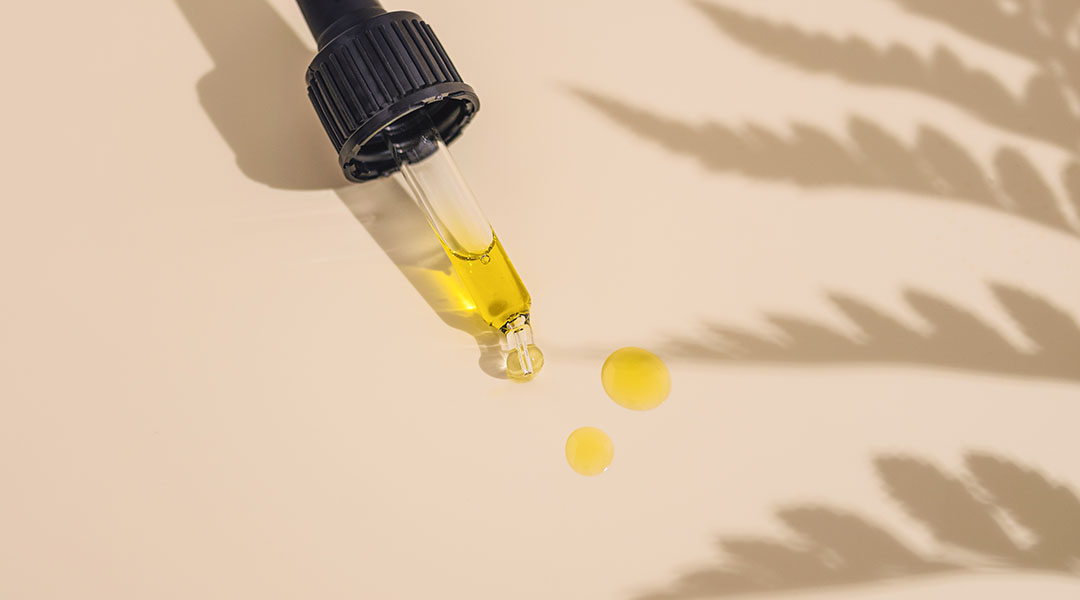
To understand CBD’s impact and the risks associated with consumption, researchers explore how a fellow brain cell prevents toxicity in neurons.
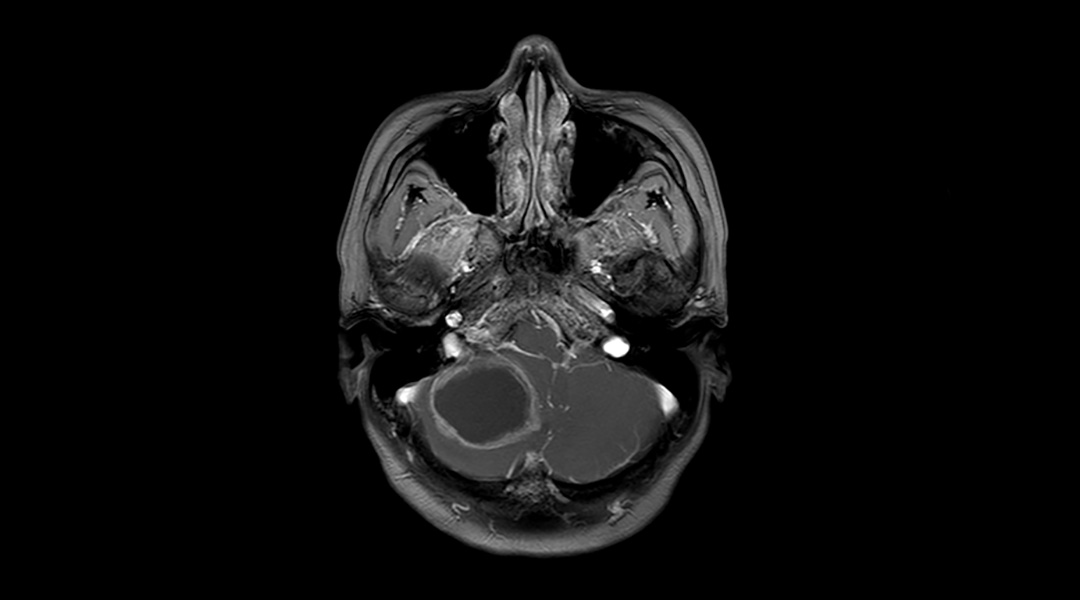
Inspired by brain-invading bacteria, researchers have created nanocapsules that covertly shuttle drugs across the blood–brain barrier.

By accurately detecting moisture levels, this artificial leaf sensor could help increase crop yields while reducing the need for pesticides.
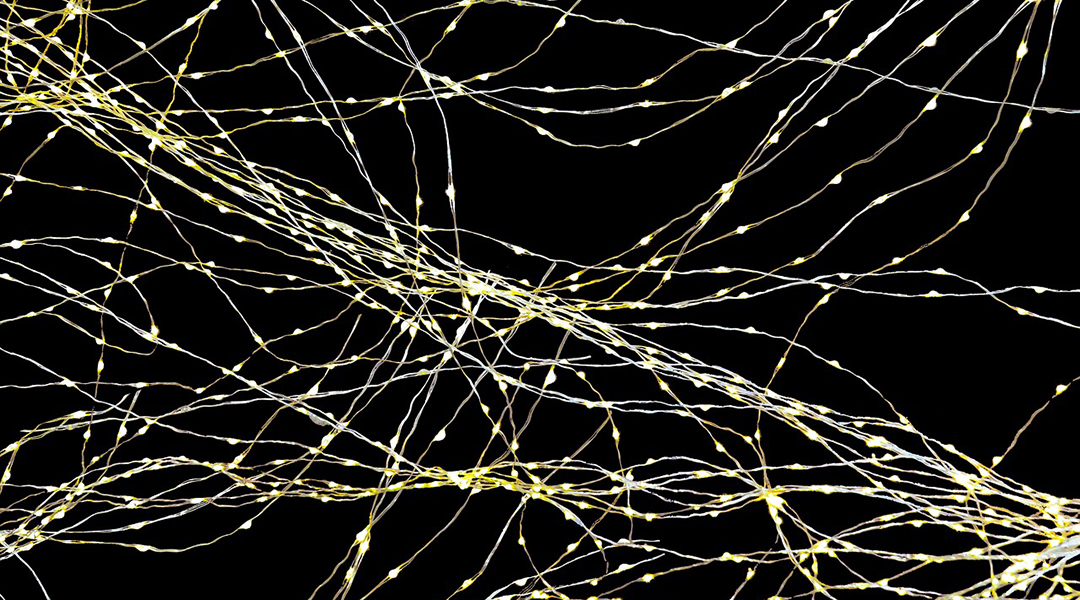
An implantable hybrid device combines the benefits of two therapeutic approaches to help repair nerve damage.

The infant microbiome can be built from a dizzying array of different sources.
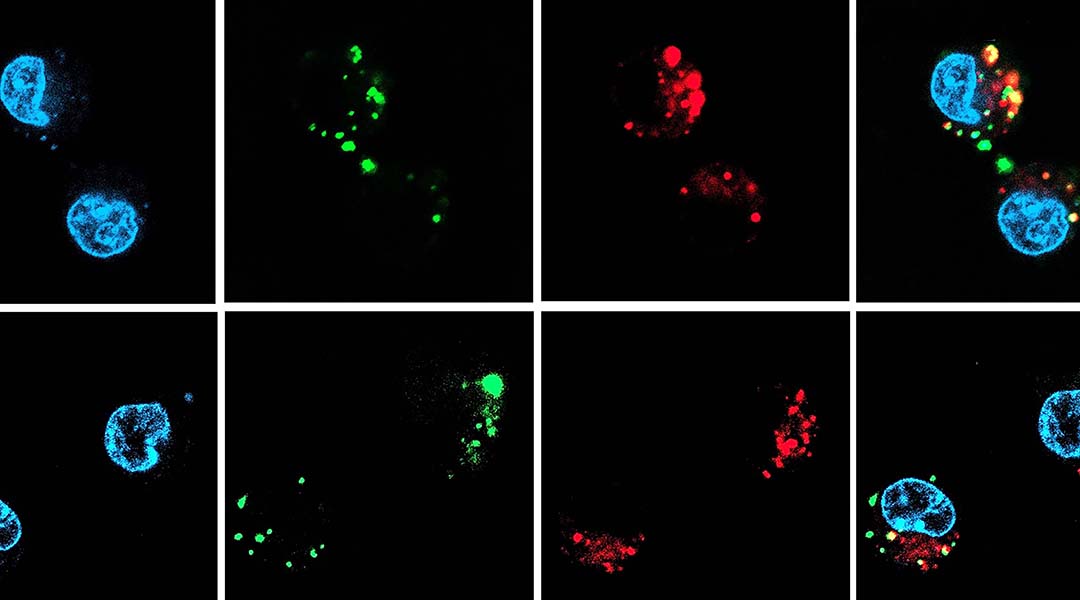
Drugs based on nucleic acids are easily degradable and tough to deliver, but a way around this is to coat them in protective carrier.
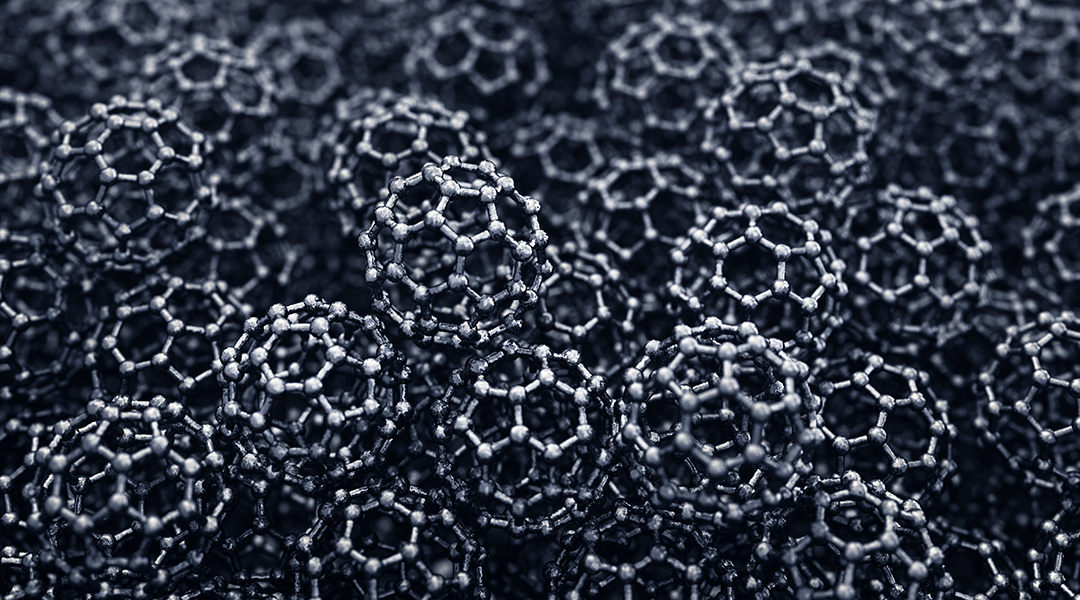
Scientists are investigating how fullerene nanomaterials can be used as antivirals against different variants of SARS-CoV-2 and other viruses.
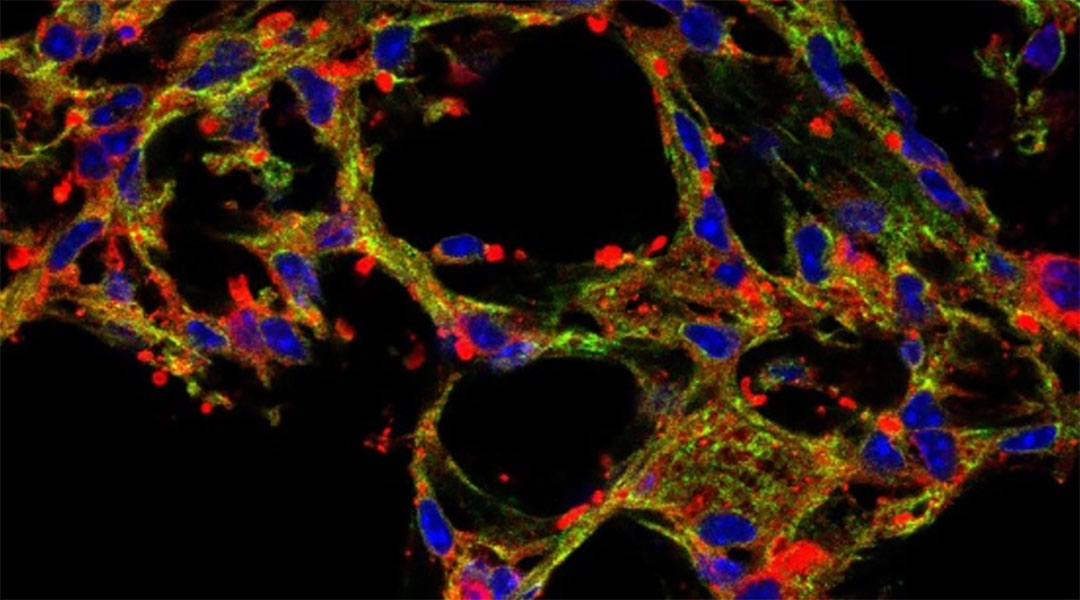
An inhaled drug carrier helps minimize side effects while delivering drugs to the lungs to treat diseases such as pulmonary fibrosis.

A uniquely sensitive, stretchable pressure sensor for prosthetics, soft robotics, and human-machine interfaces.